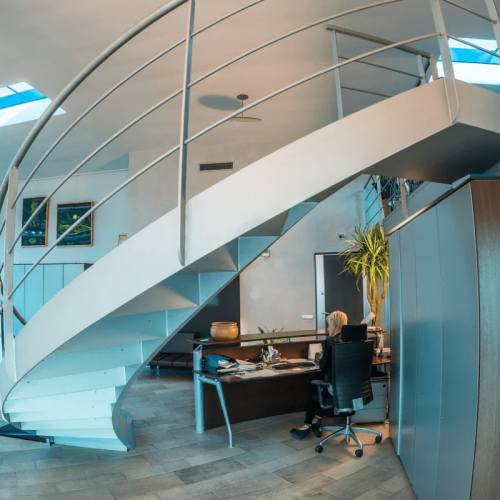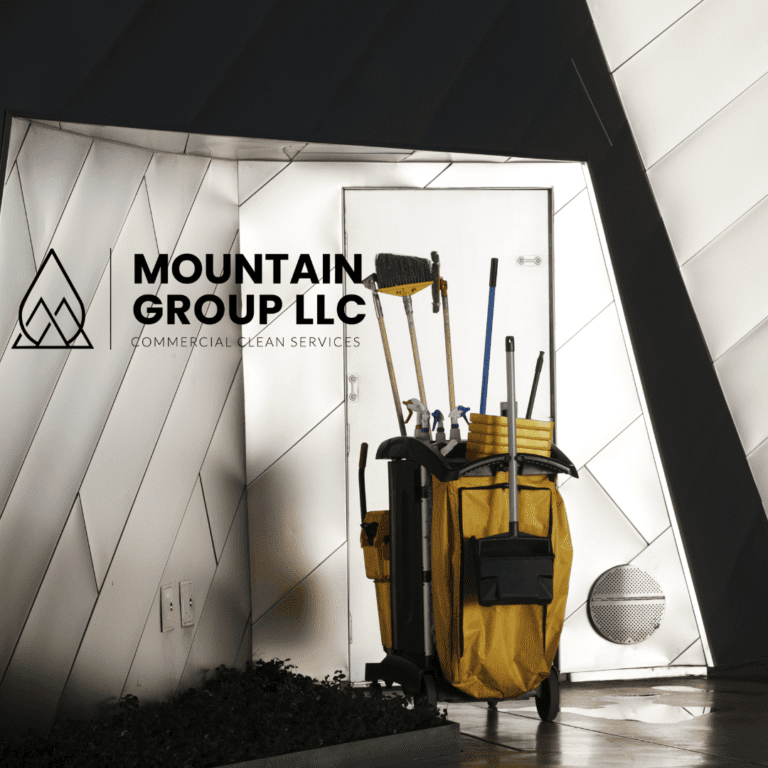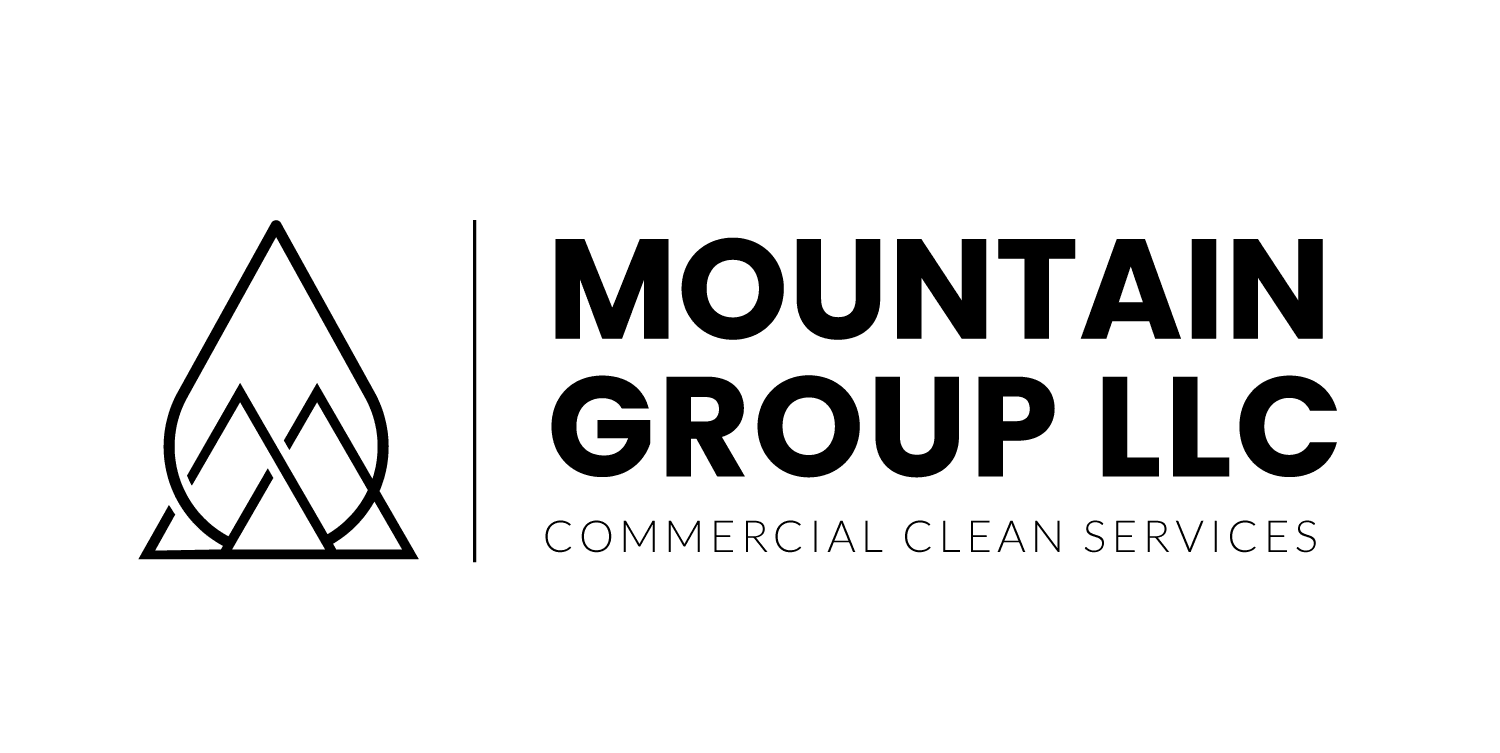Introduction
“Wait… isn’t commercial cleaning just office cleaning?” That’s a question cleaning companies hear all the time—and the answer isn’t as simple as it seems.
While both services aim to keep workspaces clean and safe, commercial cleaning and office cleaning serve different purposes, industries, and needs. Whether you’re managing a corporate office, a medical clinic, or a retail store, knowing the difference helps you choose the right service provider—and avoid unnecessary costs.
According to a recent IBISWorld report, the commercial cleaning industry in the U.S. is worth $100+ billion, and growing steadily. As the market expands, so does confusion around cleaning terminology.
In this guide, we’ll break down the differences, overlap, and what type of cleaning your business really needs.
What Is Commercial Cleaning?
Commercial cleaning is a broad term that covers cleaning services provided in non-residential spaces, often tailored to specific industries and facility types. for more detail, read our guide on what commercial cleaning is.
Here's what it typically includes:
- Cleaning services for factories, warehouses, retail stores, medical centers, schools, and more.
- Tasks like deep cleaning, industrial floor care, post-construction cleanup, and sanitization of high-risk zones.
- Use of heavy-duty equipment such as floor scrubbers, power washers, and industrial vacuums.
- Often includes services required on a monthly, quarterly, or project basis, depending on the facility’s needs.
Commercial cleaners often receive specialized training for regulatory compliance, especially when dealing with medical facilities, food processing centers, or manufacturing sites.
What Is Office Cleaning?

Office cleaning, on the other hand, is more narrowly focused and typically refers to the routine cleaning of corporate or administrative office spaces.
Typical office cleaning services include:
- Dusting and wiping down desks, workstations, and electronics.
- Vacuuming and mopping floors.
- Cleaning restrooms, breakrooms, and lobbies.
- Emptying trash bins and replacing liners.
- General sanitization to maintain hygiene.
Office cleaning usually occurs daily or several times a week, and is scheduled outside working hours to avoid disruption. The goal? Keep the office clean, fresh, and professional for employees and visitors alike.
Key Differences Between Commercial and Office Cleaning
While there’s some overlap, several key differences set these services apart:
Environments Served:
- Office cleaning focuses on desks and meeting rooms.
- Commercial cleaning could involve factories, gyms, medical labs, or schools.
Scope & Complexity:
- Commercial cleaning involves specialized tasks like cleaning machinery or handling hazardous waste.
- Office cleaning is more routine and surface-level.
Equipment Used:
- Commercial cleaners use industrial-grade machines.
- Office cleaners use lighter tools like vacuum cleaners and microfiber cloths.
Compliance Needs:
- Commercial spaces often require OSHA or CDC-compliant cleaning.
- Offices usually don’t face such strict regulations.
Cost & Contract Terms:
- Commercial cleaning contracts tend to be more complex and costly due to specialized requirements.
Where Do They Overlap?
Despite their differences, the two cleaning services share several commonalities:
- Basic Tasks: Both involve mopping, dusting, restroom cleaning, and trash removal.
- Use of Disinfectants: Common cleaning chemicals are used in both—though commercial sites might need stronger, regulated options.
- Outsourced Providers: Many companies offer both services under different packages.
- Goal: Maintain a clean, safe, and welcoming environment.
In many cases, the same company may perform both office and commercial cleaning with teams trained for each scenario.
Which Cleaning Service Do You Need?
Choosing the right service depends on your business type and specific cleaning needs. Ask yourself:
- What type of facility am I managing?
(e.g., law office vs. distribution center) - What regulations do I need to comply with?
(e.g., HIPAA, OSHA, or food safety laws) - Do I need routine cleaning or deep sanitization?
Here are a few tips:
- Check the cleaning checklist offered by each provider.
- Compare quotes for office cleaning vs commercial packages.
- Ask about customizations—some companies let you blend both services.
If you’re in a unique setting like a coworking space, startup incubator, or tech hub, you might benefit from a hybrid plan tailored to your operations.
Benefits of Office Cleaning and Commercial Cleaning Services
A clean workspace does more than just look good—it boosts morale, improves health, and leaves a lasting impression on clients. Whether you’re in a traditional office or a commercial facility, investing in professional cleaning services brings long-term value. Let’s explore the benefits of both:
Benefits of Office Cleaning
Benefits of office cleaning include a clean, tidy, and welcoming environment for employees, clients, and visitors. Here’s why it matters:
✅ Boosts Employee Productivity: A clutter-free, hygienic office helps reduce distractions and increases focus.
✅ Enhances Professional Image: Clean lobbies, restrooms, and meeting rooms reflect positively on your brand.
✅ Reduces Illness and Sick Days: Routine disinfection helps limit the spread of germs, especially during flu season.
✅ Improves Air Quality: Regular dusting and vacuuming reduce allergens and airborne pollutants.
✅ Protects Office Equipment and Furniture: Proper cleaning helps extend the lifespan of desks, electronics, and fixtures.
Benefits of Commercial Cleaning
Commercial cleaning is broader and often more specialized. It targets high-traffic areas, industrial environments, and compliance-heavy industries.
✅ Customized for Industry Needs: Whether it’s a medical facility or warehouse, services are tailored to meet specific cleaning standards.
✅ Supports Health & Safety Compliance: Meets regulatory standards (e.g., OSHA, CDC) to avoid fines and keep staff safe.
✅ Handles Heavy-Duty Cleaning Tasks: From industrial floor care to post-construction cleanup, commercial cleaning covers the tough stuff.
✅ Improves Operational Efficiency: Clean, hazard-free environments reduce accidents and downtime.
✅ Enhances Facility Maintenance: Prevents wear and tear, extending the life of flooring, walls, and infrastructure.
Benefits of Hiring the Right Type of Cleaner
When you align your cleaning needs with the right type of service, you gain:
-
✅ Better Hygiene: Targeted cleaning for your environment reduces germs and allergens.
-
✅ Enhanced Productivity: Clean spaces = happy, focused teams.
-
✅ Professional Image: Clients and visitors judge your space—make it sparkle.
-
✅ Regulatory Compliance: Especially critical in medical, food, or industrial settings.
-
✅ Long-Term Savings: The right cleaning prevents damage to floors, furniture, and tech.
Cutting corners may save money upfront, but a poor match between service and space can lead to health risks, fines, or lost business down the road. Read the top 10 reasons to hire local buisness cleaning services.
Conclusion
While office cleaning is technically a form of commercial cleaning, they are not one and the same. Office cleaning focuses on administrative environments, while commercial cleaning can span anything from factories to clinics to shopping malls.
By understanding these differences—and overlaps—you can make a more informed choice and ensure your workplace stays pristine, productive, and professional.
👉 Need help figuring out the right fit for your business? Reach out to a local cleaning service and ask for a tailored consultation. The right team makes all the difference!
Mountain group Profesional cleaning services
- Janitorial cleaning services
- Offices cleaning services
- Construction cleaning services
- Facilities cleaning services
Most Popular:

